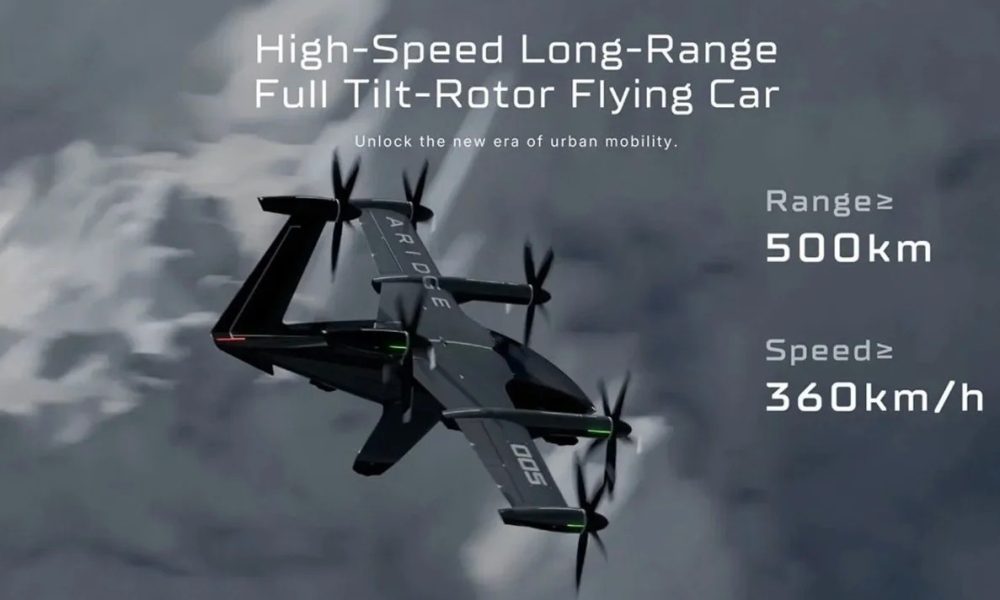
"The tax credit and EV subsidies have achieved what many of us believed they were doing: masking car companies from the truth about their EV demand. Simply put, their products are not priced attractively enough for what they offer, and there is no true advantage to buying EVs developed by legacy companies. These tax credits have helped companies simply compete with Tesla, nothing more and nothing less. Without them, their products likely would not have done as well as they have."
"With the loss of the $7,500 Electric Vehicle Tax Credit, it looks as if Tesla CEO Elon Musk was right all along. As the tax credit's loss starts to take effect, car companies that have long relied on the $7,500 credit to create sales for themselves are starting to adjust their strategies for sales and their overall transition to electrification."
Removal of the $7,500 Electric Vehicle tax credit is prompting legacy automakers to revise EV strategies and acknowledge weaker-than-expected demand. General Motors will book a $1.6 billion charge tied to EV investments. Ford projects EV demand could fall by half. Stellantis abandoned plans for all-EV production in Europe by 2030, and Chrysler is retreating from ambitious U.S. EV sales targets. Tax credits and subsidies had masked actual consumer demand by making competing legacy EVs artificially competitive with Tesla. Legacy EVs are often priced unattractively relative to their value, offering no clear advantage over Tesla models. Eliminating subsidies is likely to favor Tesla competitively.
Read at TESLARATI
Unable to calculate read time
Collection
[
|
...
]